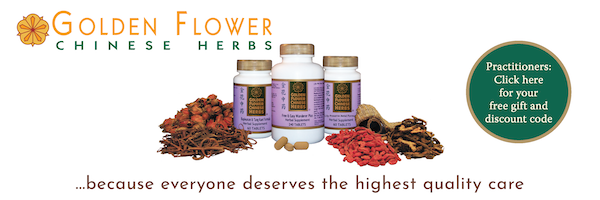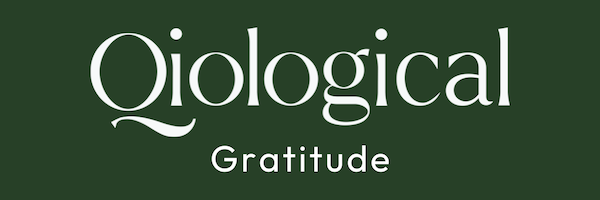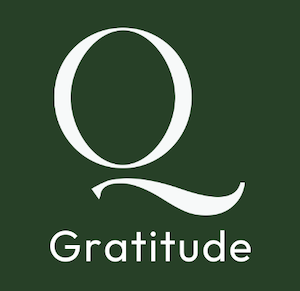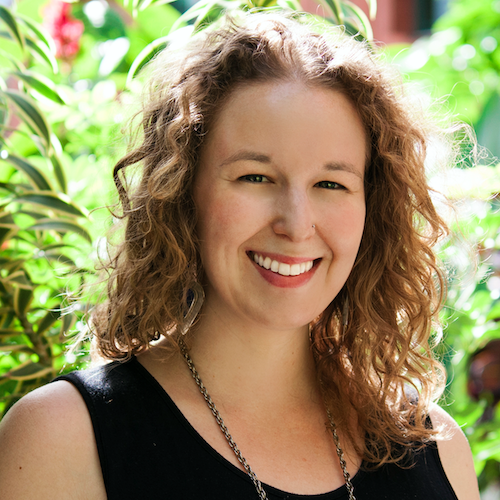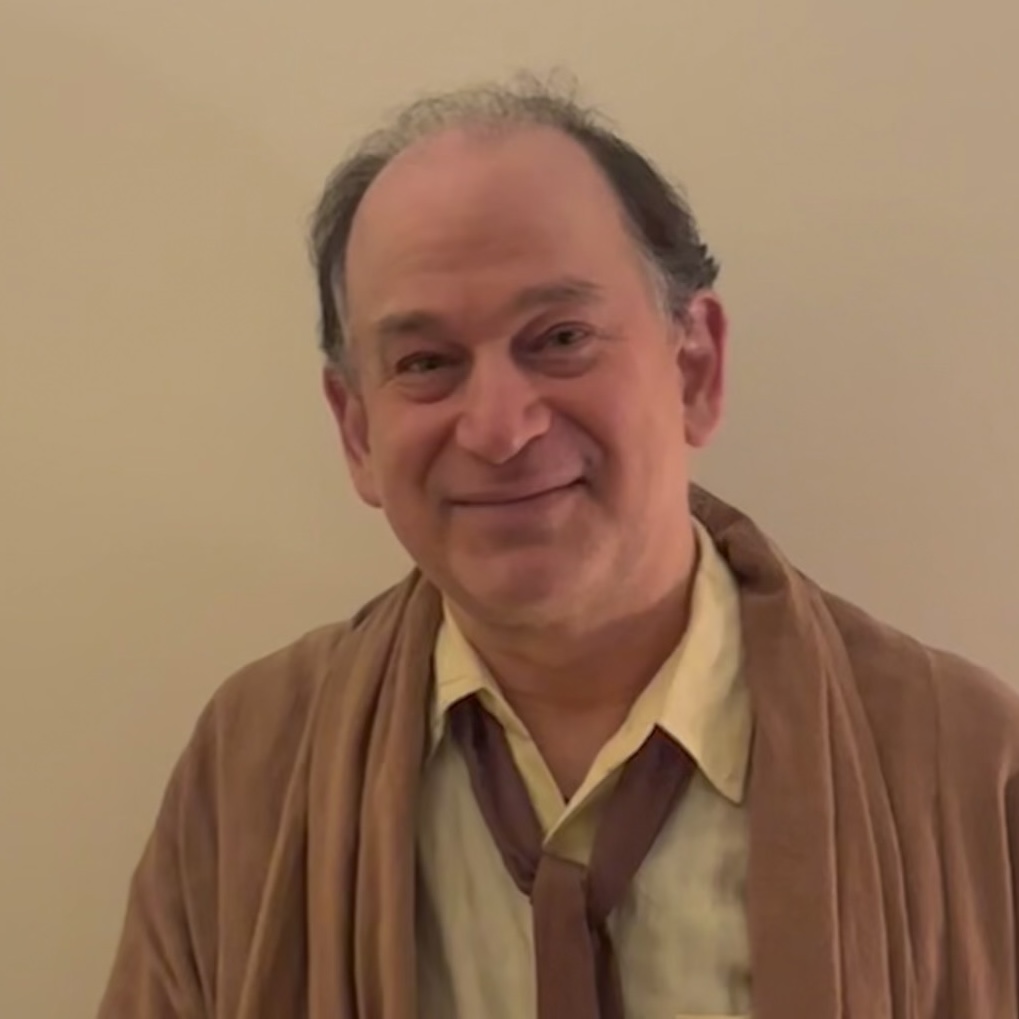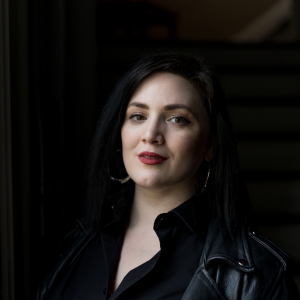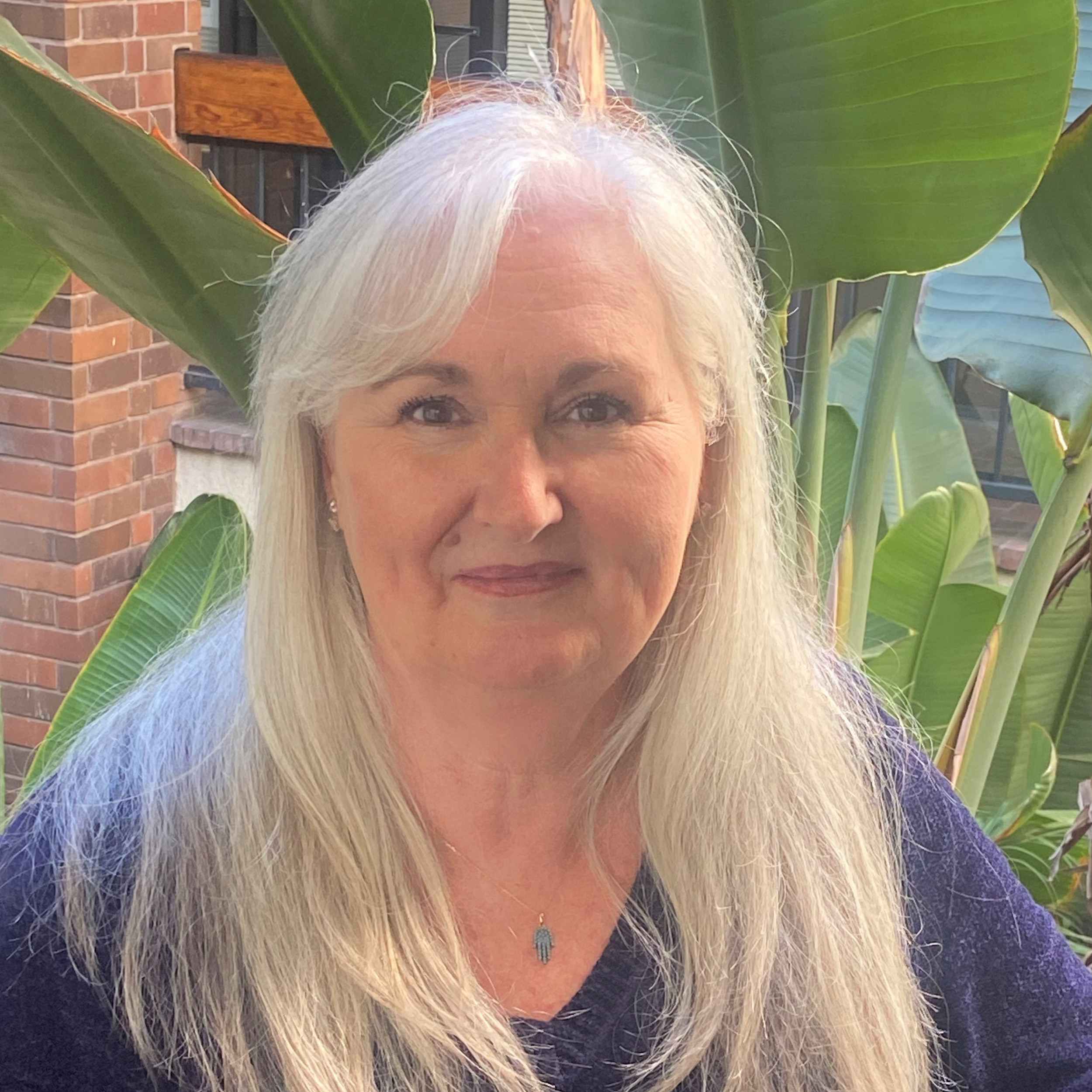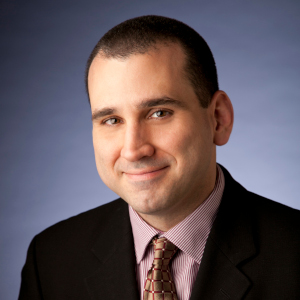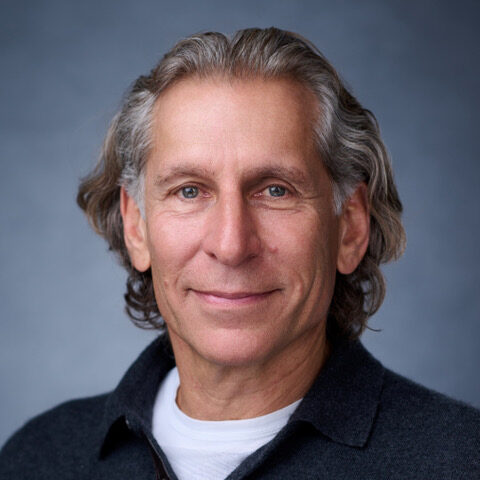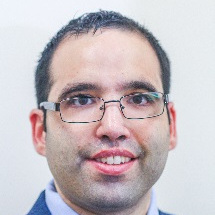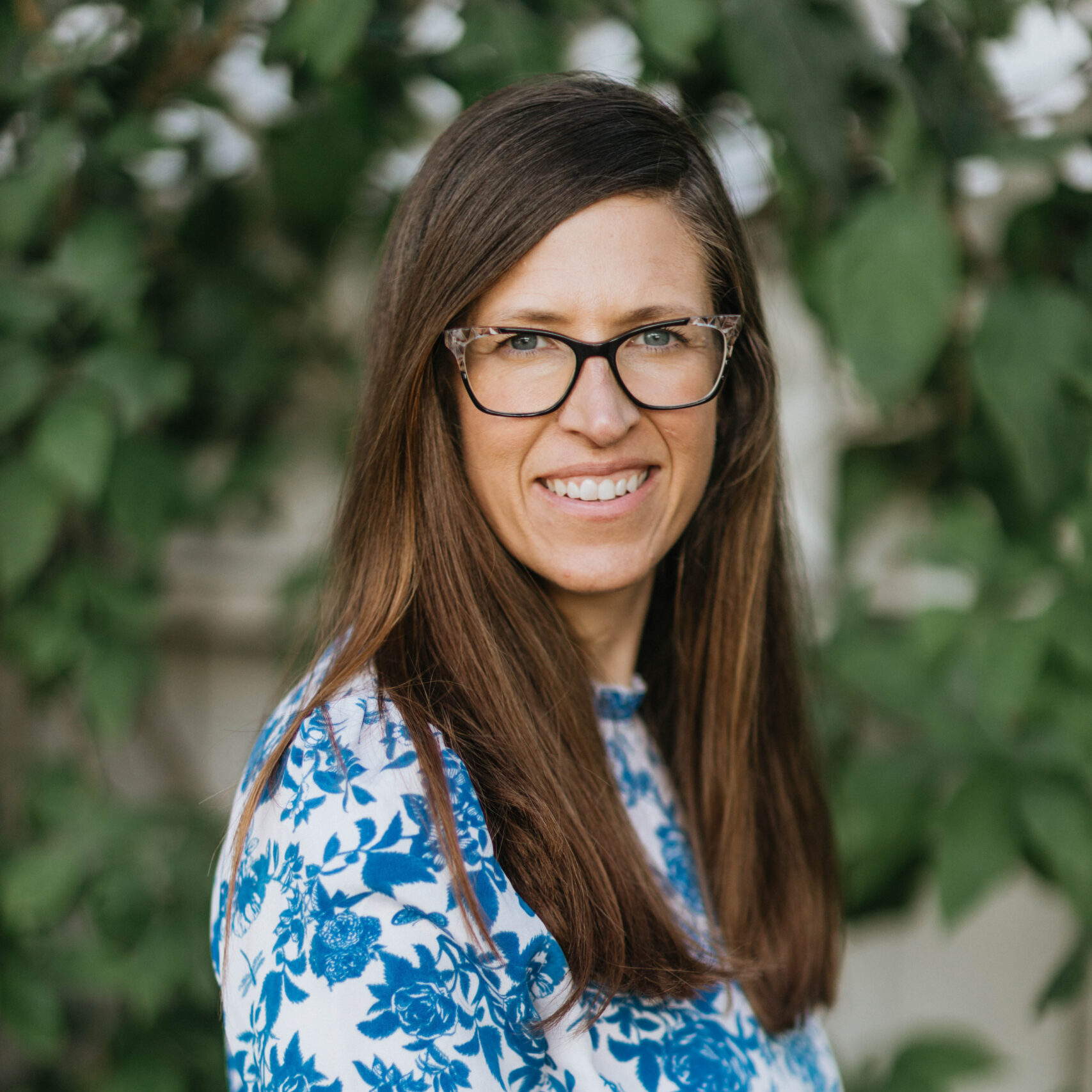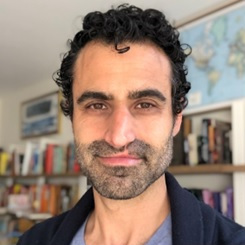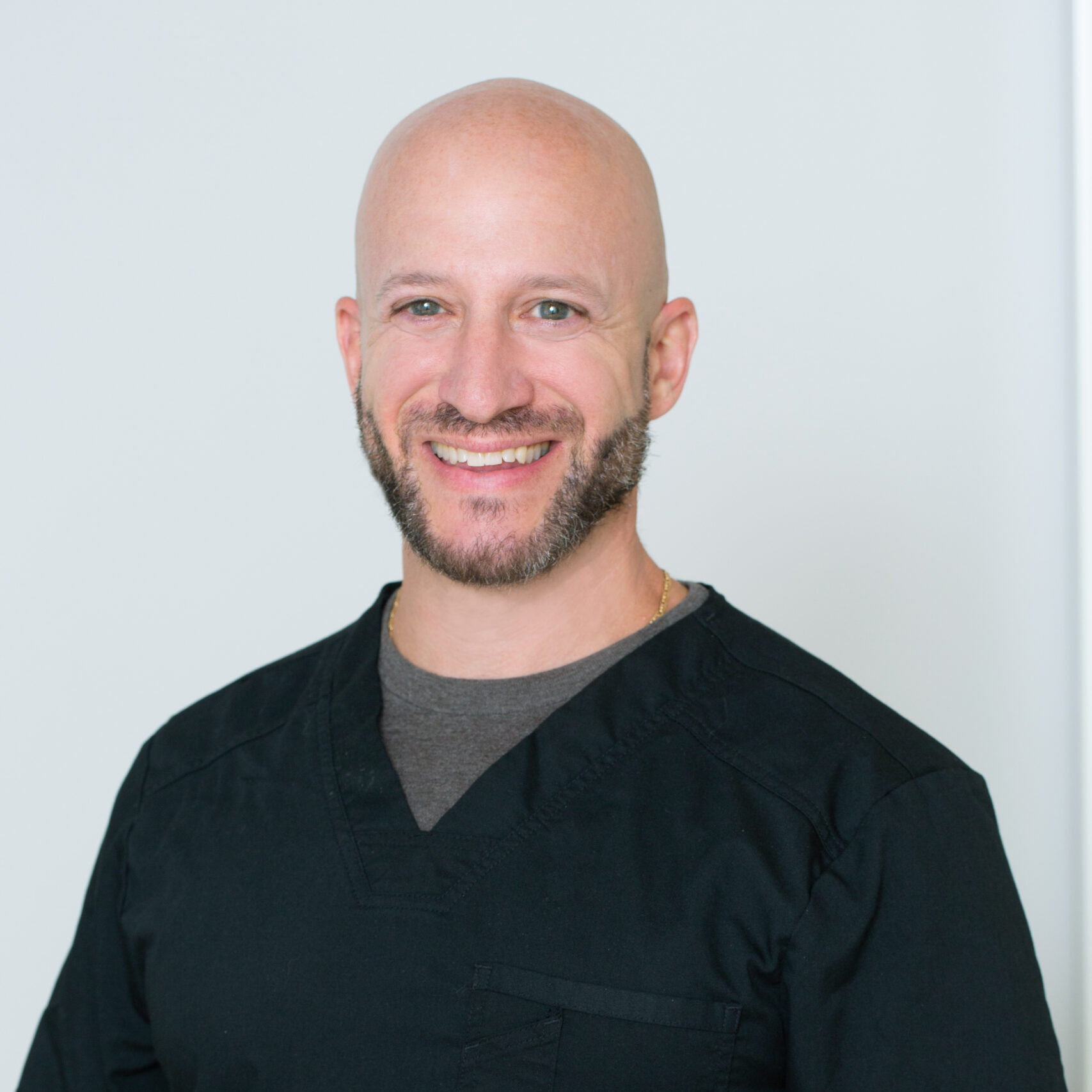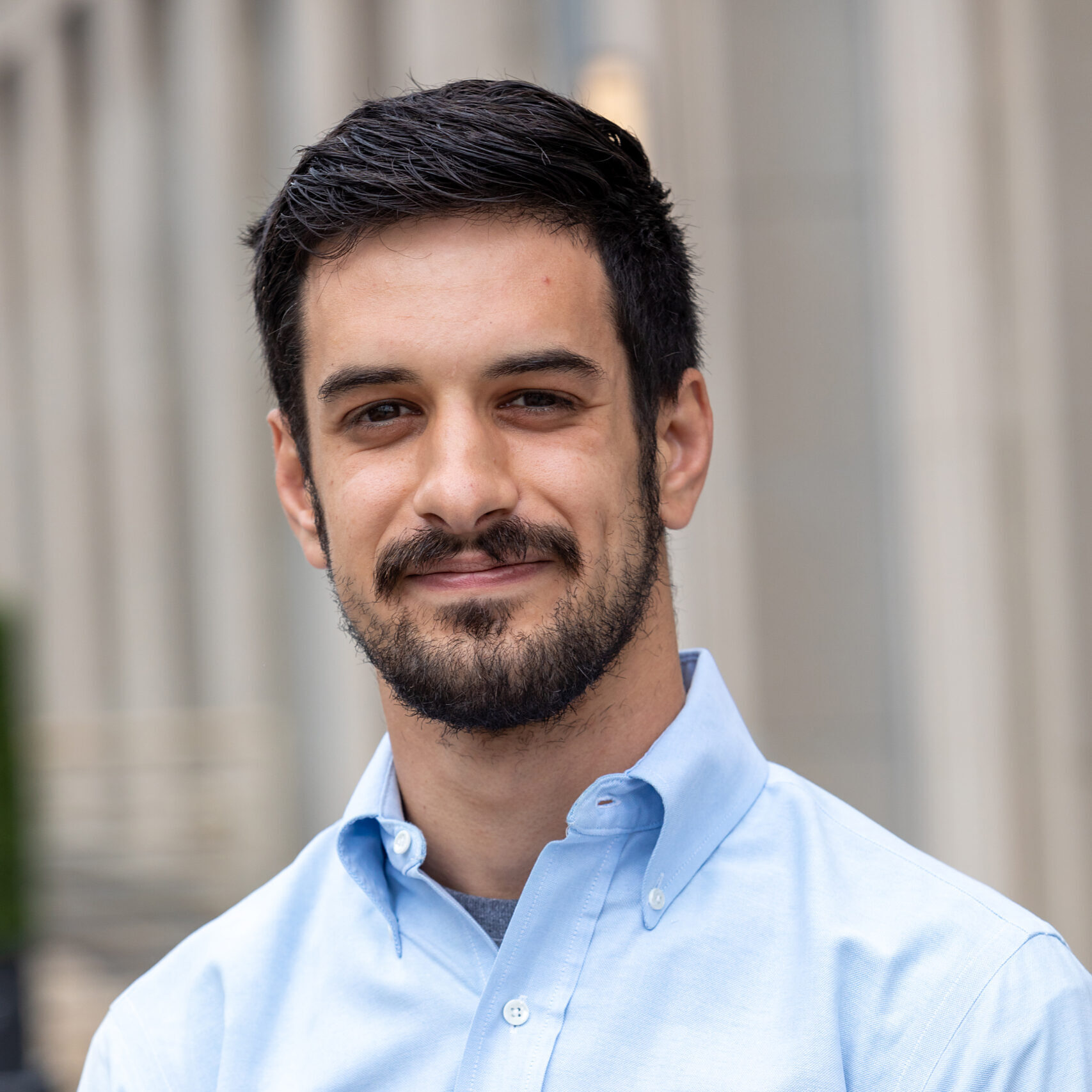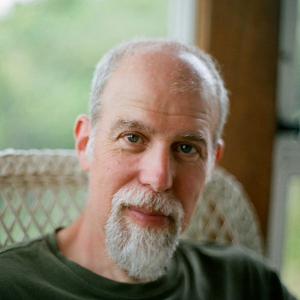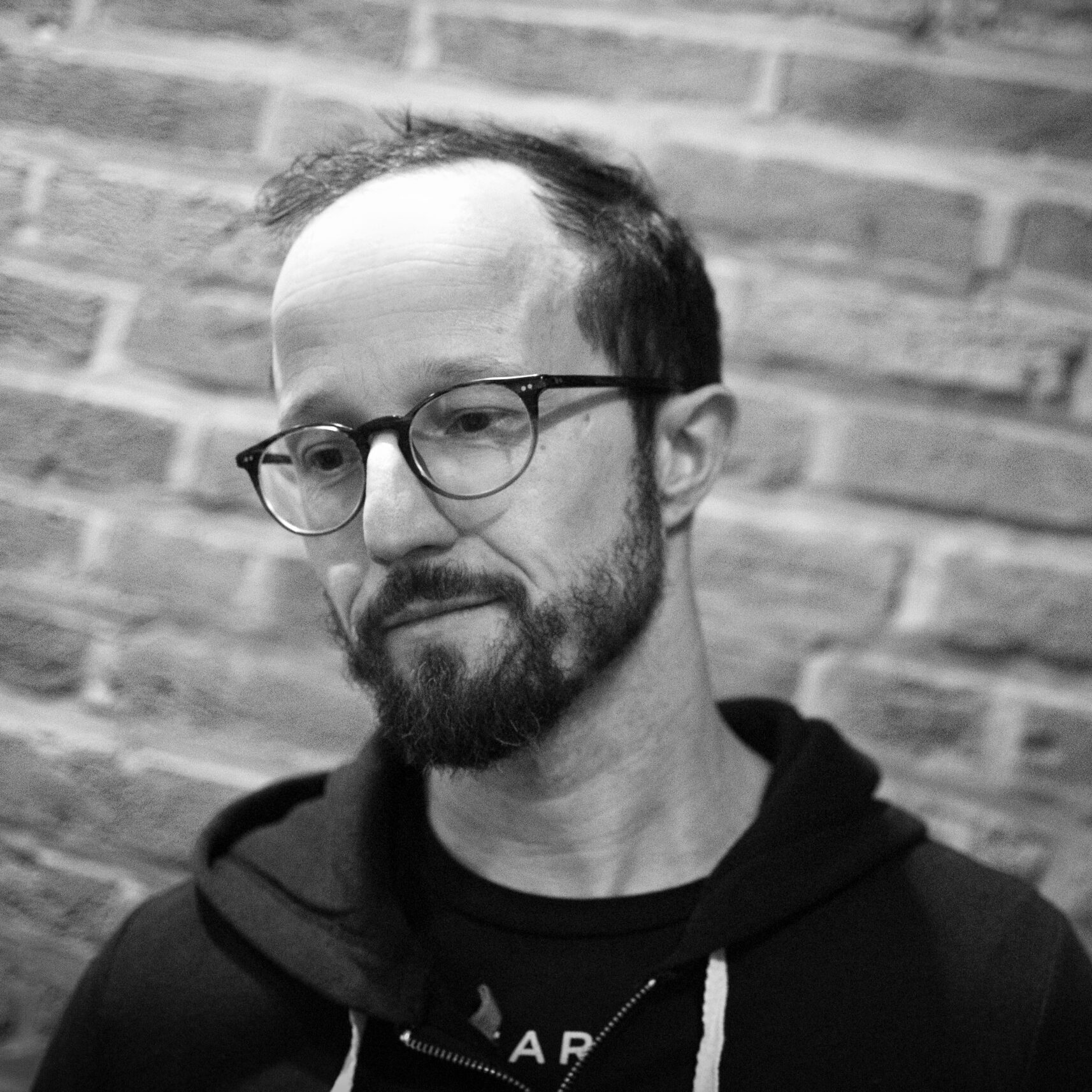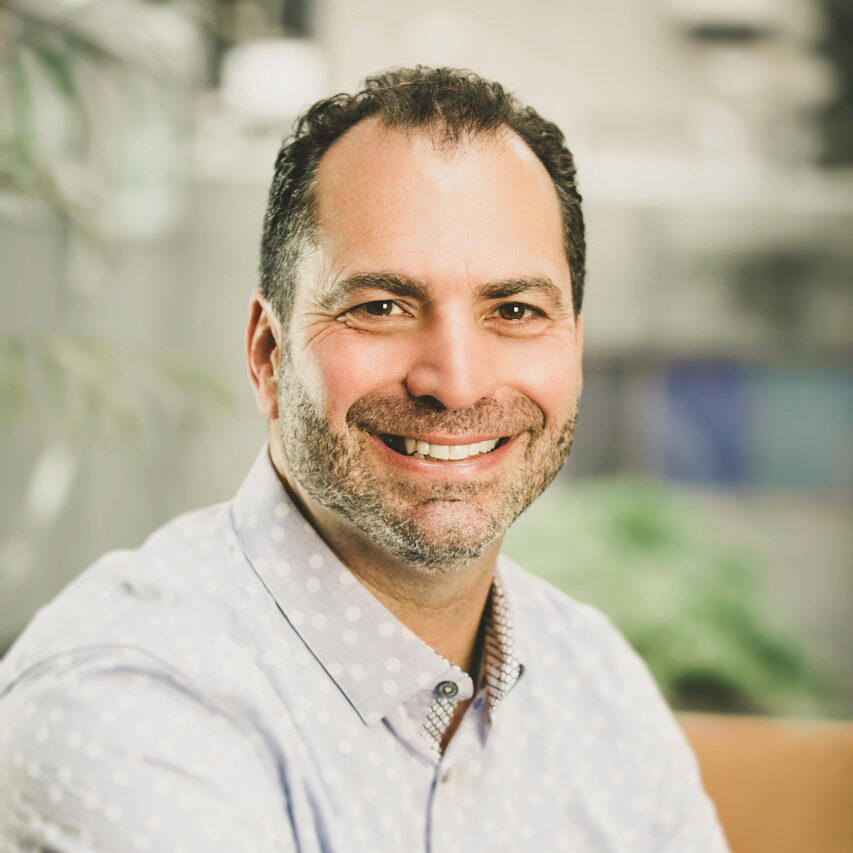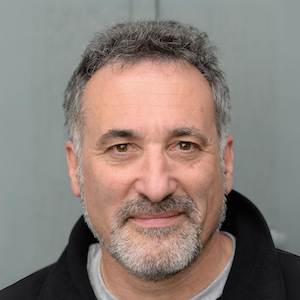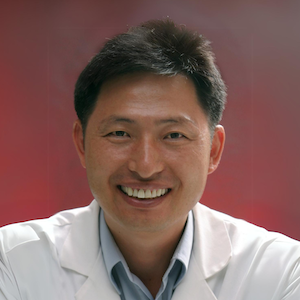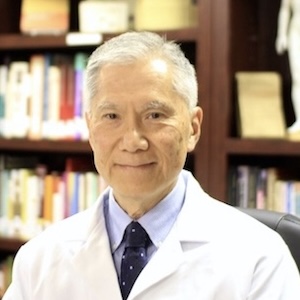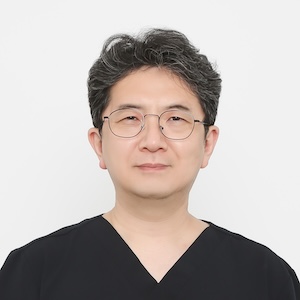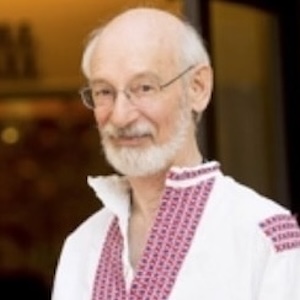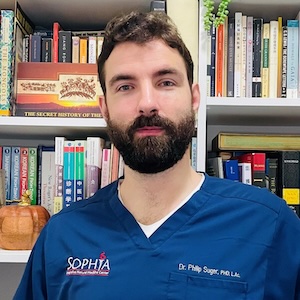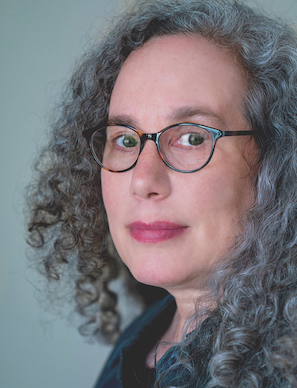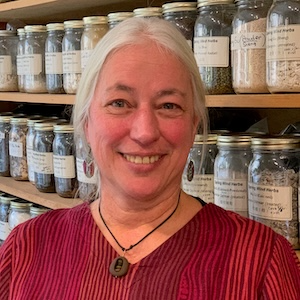There is a kind of poetry to Chinese characters. They gives hints and clues about the names we give to the world. They tell a story.
In this conversation with Elisabeth Rochat we explore, like you’d explore bottles of fine wine, some of the meaning and nuance in the characters 意 yi, 通 tong 命 ming, and 理 li. There are some delicious surprises in this conversation as I’m more conversant with the common meanings of these characters, and Elisabeth’s perspective gives me a whole new appreciation for Chinese language and thought.
Listen in to this discussion of characters, medicine and what it takes to be a human being.
In This Conversation We Discuss:
- What it takes to be a human being
- Humans require meaning
- The strength of the bamboo is that it knows when to start and stop
- Removing disturbances is what allows us to understand nature and ourselves
- We are not reflections of nature, we are in companionship with nature
- Ming as discernment
- Humans desire zhi, knowledge
- The coherence and patterning of 理 li
- We need both the knowledge 知 zhi and emptiness 虛 xu
- Don’t look too closely at the emptiness, doing so will ruin it
- Our medicine does not just come to us, it requires our participation
Find life in yourself to restore it in your patients
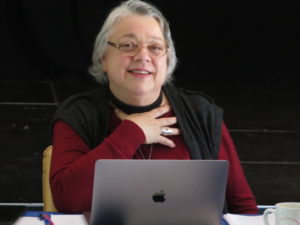 More than half a century ago I started out on an incredible journey across ancient languages and civilizations, striving to penetrate the root of life and the essence of existence. Quite early on, I was drawn in particular to the Chinese tradition, the wealth and beauty of which I was able to grasp thanks to my guides and mentors Claude Larre and Jean Schatz.
More than half a century ago I started out on an incredible journey across ancient languages and civilizations, striving to penetrate the root of life and the essence of existence. Quite early on, I was drawn in particular to the Chinese tradition, the wealth and beauty of which I was able to grasp thanks to my guides and mentors Claude Larre and Jean Schatz.
Ever since, I have continued to study the medical, Confucian and Daoist Classics, drawing from them essential and vital understandings which I try to communicate in turn as widely as possible to all those who share this passion.
My experience with study groups all over the world has shown that when a genuine exploration of traditional Chinese texts is constantly rooted in clinical practice and confronted with personal experience, it allows the practitioner to develop his art, invigorate his thought and raise his vision and conduct.
By means of this rigorous research into the movements of the qi and in a constantly open exchange of knowledge and experience, I have relentlessly worked to cultivate a loving relationship to the other and to help the people I met improve their living experience. And I have been able to always maintain trust in the source without ever forgetting to smile.
Links and Resources
For information about Elisabeth's books and classes visit her website
Elisabeth has a new eBook coming out that has nothing to do with technique, and everything to do with how we treat our patients.


